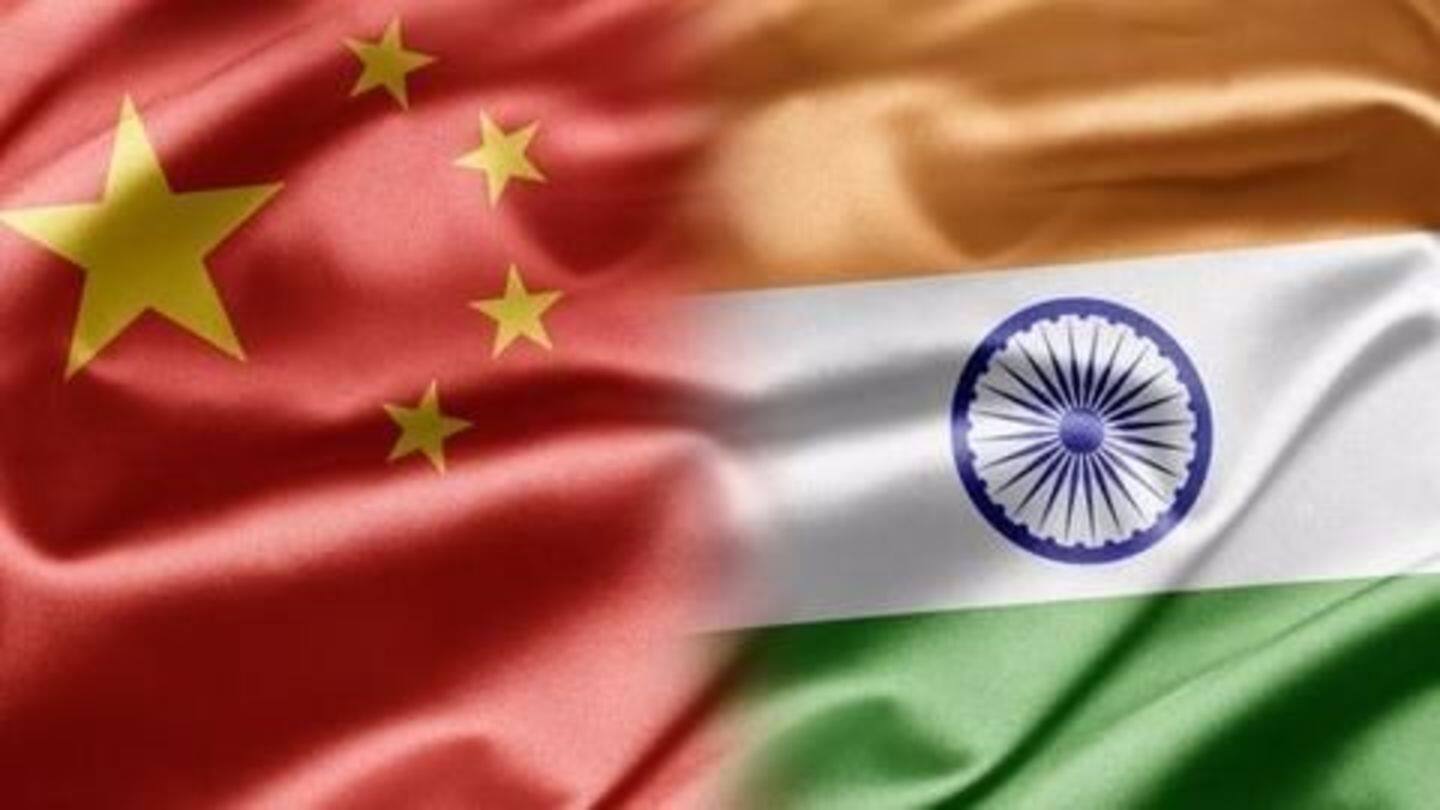
Sikkim stand-off: Know all about Panchsheel pact
What's the story
Demanding immediate withdrawal of Indian troops from Doklam, China recently accused India of trampling on the Panchsheel pact.
Beijing also accused New Delhi of misleading its citizens by stating that Doklam is situated at the Sikkim-Tibet-Bhutan tri-junction.
Panchsheel or the 'Five Principles of Peaceful Co-existence' are regarded as the guiding principles of Sino-Indian relations.
Are they still relevant in the current context?
About
What is the Panchsheel Agreement?
Widely considered the bedrock of Sino-Indian relations, the Panchsheel Agreement is the first treaty-based codification of diplomatic relations between the two countries.
Derived from Buddhist tenets, the five principles were signed on by then Indian PM Jawaharlal Nehru and Chinese Premier Zhou Enlai on 29 April 1954.
Nehru believed that the recognition of these principles in diplomatic relations would avoid war.
Do you know?
Five Principles of Peaceful co-existence
These include: Mutual respect for each other's territorial integrity and sovereignty, Mutual non-aggression, Mutual non-interference, Equality and mutual benefit and Peaceful co-existence. These were endorsed at the Afro-Asian Conference (1955), Bandung and were also endorsed by annual Non-Aligned Movement summits in Belgrade and Colombo.
Sikkim stand-off
What has happened so far?
PLA accused India of halting its road construction in the Donglang area near Sikkim, while India says that it stopped the PLA which transgressed into the Doka La area and destroyed two bunkers.
China stopped Indian pilgrims from undertaking the Kailash-Mansarovar Yatra through Nathu La from Sikkim to Tibet.
Maintaining that Doklam is part of its territory, Bhutan accused China of violating its boundaries.
Analysis
Are the Panchsheel principles still relevant to Sino-Indian relations?
While the principles embodying high-level idealism can avoid wars if implemented, the deceitful nature of international politics renders implementing them impractical, as seen from the experience in the Sino-Indian conflict (1962).
Moreover, the principles haven't stopped both countries from covertly and overtly interfering in each other's affairs.
However, Panchsheel continues to be relevant as ideals to aspire and achieve harmony in Sino-Indian relations.